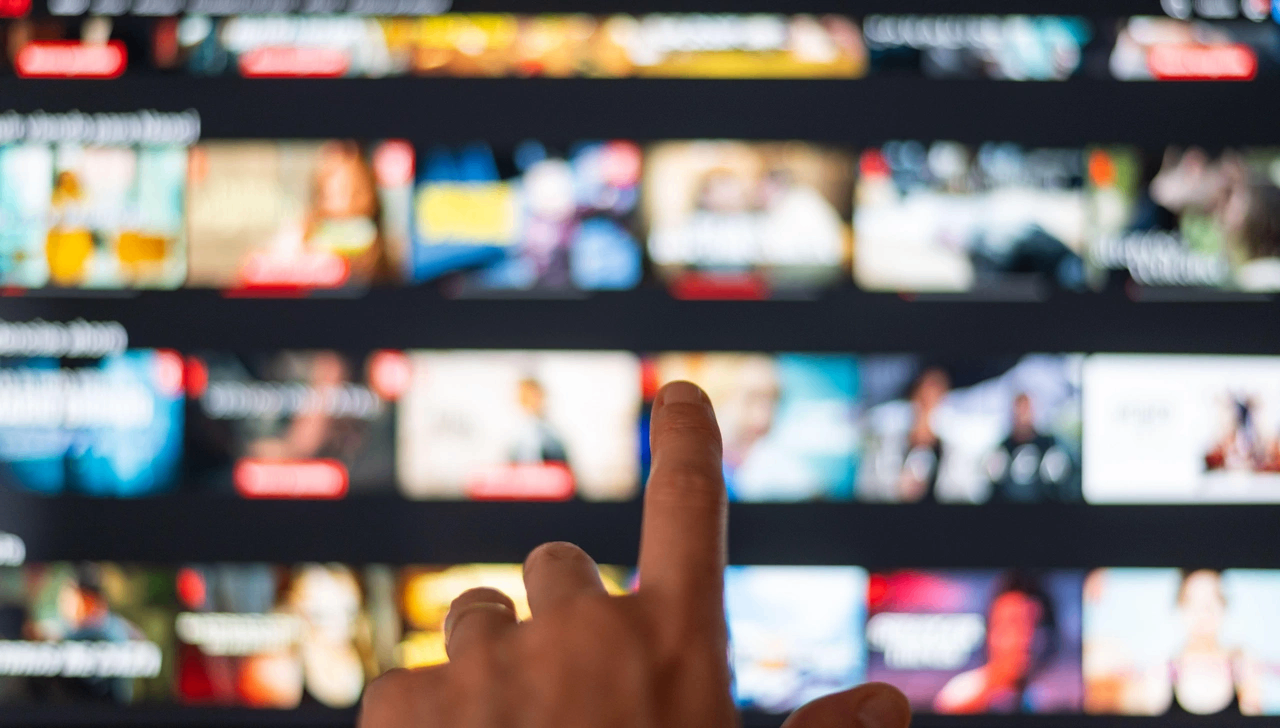Disney-DirecTV Dispute Escalates, TV Bundling Services May Change
In recent times, mundane negotiations over retransmission rates between satellite TV provider DirecTV and Disney Television Networks have now morphed into a discussion about the future of traditional bundled programming packages.

Disney-DirecTV battle: the future of bundled program packages
In recent times, mundane negotiations over retransmission rates between satellite TV provider DirecTV and Disney's TV network have now morphed into a discussion over the future of traditional bundled program packages. Analysts and industry executives have noted that the dispute could herald a change in the industry.
The dispute between the two sides has caused subscribers to lose access to important event broadcasts
DirecTV's public dispute with Disney left its 11 million subscribers without access to Disney-owned channels, including ESPN, during the U.S. Open tennis tournament and just one week before the New York Jets played the San Francisco 49ers on Monday Night Football.
Meanwhile, Disney, Fox and Warner Bros. are preparing a sports streaming joint venture called Venu Sports, an event that has intensified competition among major media companies. The sports streaming platform, which was scheduled to launch in August, aims to consolidate the resources of the major companies in the field of sports event broadcasting. However, an antitrust lawsuit filed by streaming rival FuboTV caused the project to be temporarily shelved.
DirecTV's position: redefining the TV business
DirecTV Chief Financial Officer Ray Carpenter said at an investor briefing Tuesday that the dispute is not about traditional rate negotiations, but about how to redefine the business model to ensure the long-term health of the industry as a whole.
DirecTV is looking to drive a transformation of its programming content to meet consumer demand in the streaming era through a new multibillion-dollar licensing deal. Specifically, the company is asking Disney to allow it to offer smaller, cheaper programming packages that include ESPN-free options designed for subscribers who don't watch sports.
Disney Entertainment co-chairs Dana Walden and Alan Bergman, as well as ESPN chairman Jimmy Pitaro, responded in a statement, saying, “DirecTV continues to misrepresent the facts of our ongoing negotiations. Our primary goal is to reach a marketing agreement that meets the needs of DirecTV and its subscribers while recognizing the value of our high-quality content and significant production investment.”
“Slimmed-down” program packages spark controversy
Rob Thun, DirecTV's chief content officer, noted in an interview that the controversy centers not on price, but on Disney's restrictions on “skinny” programming packages. Distributors like DirecTV and content producers like Disney have long been at odds over program rates, and the disputes have become more frequent as the price of TV packages has risen.
The so-called “bundling” model, which has existed for decades, requires pay-TV distributors to pay a fee and carry channels with lower ratings, such as Freeform, in order to get access to higher-value content, such as ESPN. This model has played an important role in maintaining stability in the television industry. In addition, the contracts dictate the extent to which distributors can make this content available to their subscribers.
Streaming on the rise: sports events turn to new platforms
Sporting events have long been the backbone of the traditional pay-TV business, attracting large numbers of viewers even as cable and satellite providers lost subscribers. However, as viewers migrate to streaming platforms, so do sporting events. Major events, including the just-concluded Olympics, as well as professional sports such as the NFL and NBA, have gradually gravitated toward streaming platforms.
Analyst Craig Moffett noted that the successful launch of Venu may accelerate the decline of traditional linear pay TV. He commented, “The successful launch of Venu could be the death blow to traditional TV bundles.”
Disclaimer: The views in this article are from the original Creator and do not represent the views or position of Hawk Insight. The content of the article is for reference, communication and learning only, and does not constitute investment advice. If it involves copyright issues, please contact us for deletion.